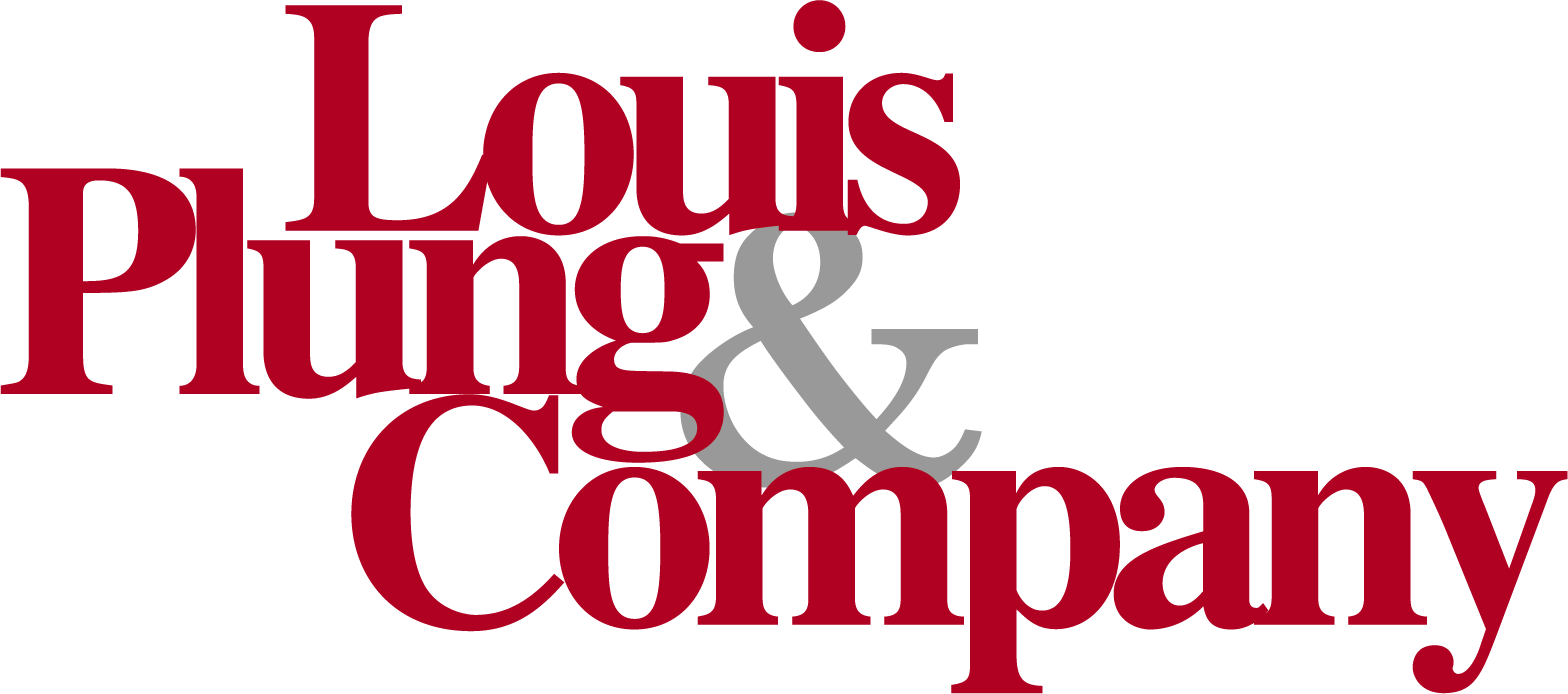Senate Passes Bill Extending Time to Use PPP Loan Funds

Late last evening the Senate passed the Paycheck Protection Program Flexibility Act of 2020 (“the Bill”), which provides much needed relief for borrowers struggling to spend loans obtained through the Paycheck Protection Program (“PPP”). Many businesses are not back to full operations yet and have found it difficult to spend the loan funds in way that comply with the loan forgiveness requirements of the PPP. The changes included in the Bill will make it easier for most business to obtain full forgiveness on their PPP loans.
Key Provisions of the Bill
The Bill makes several key changes to the PPP to make it easier for borrowers to spend the loan funds and qualify for forgiveness. The most significant changes are as follows:
- Extends the 8-week covered period to 24-weeks (or December 31, 2020, whichever is first)
- Reduces the percentage of the loan funds required to be spent on payroll costs from 75% to 60%.
- Rolls back the June 30, 2020 “safe harbor” date for restoring workforce or salary reductions to December 31, 2020.
- Provides an additional two “exceptions” for reductions in loan forgiveness due to workforce reductions:
- Unable to find qualified employees to fill positions open since February 15, 2020 on or before December 31, 2020.
- Could not restore business to comparable level of activity because of social distancing or other federal health guidance.
- Extends repayment term for non-forgiveness loan funds from 2 years to 5 years. The deferral period for payments of interest and principal is also extended by up to 10 months after the end of the covered period.
- Allows borrowers to defer employer’s share of payroll taxes for up to 2 years, regardless of when they obtain forgiveness on their loans.
Questions Remain
While the changes in this Bill will provide much needed relief for most borrowers, many questions still remain. The Bill does not address how the extension of the covered period will impact the $100,000 salary limit for individual employees or the calculation of “income replacement” for Schedule C borrowers. Borrowers seeking forgiveness may now be subjected to a “cliff” in which no forgiveness will be permitted unless they spend at least 60% of the funds on payroll costs. Formal guidance from the SBA on these issues is expected shortly after the Bill is signed into law by the President.
We will continue to follow these changes as more information is released. Please contact us with any questions.




